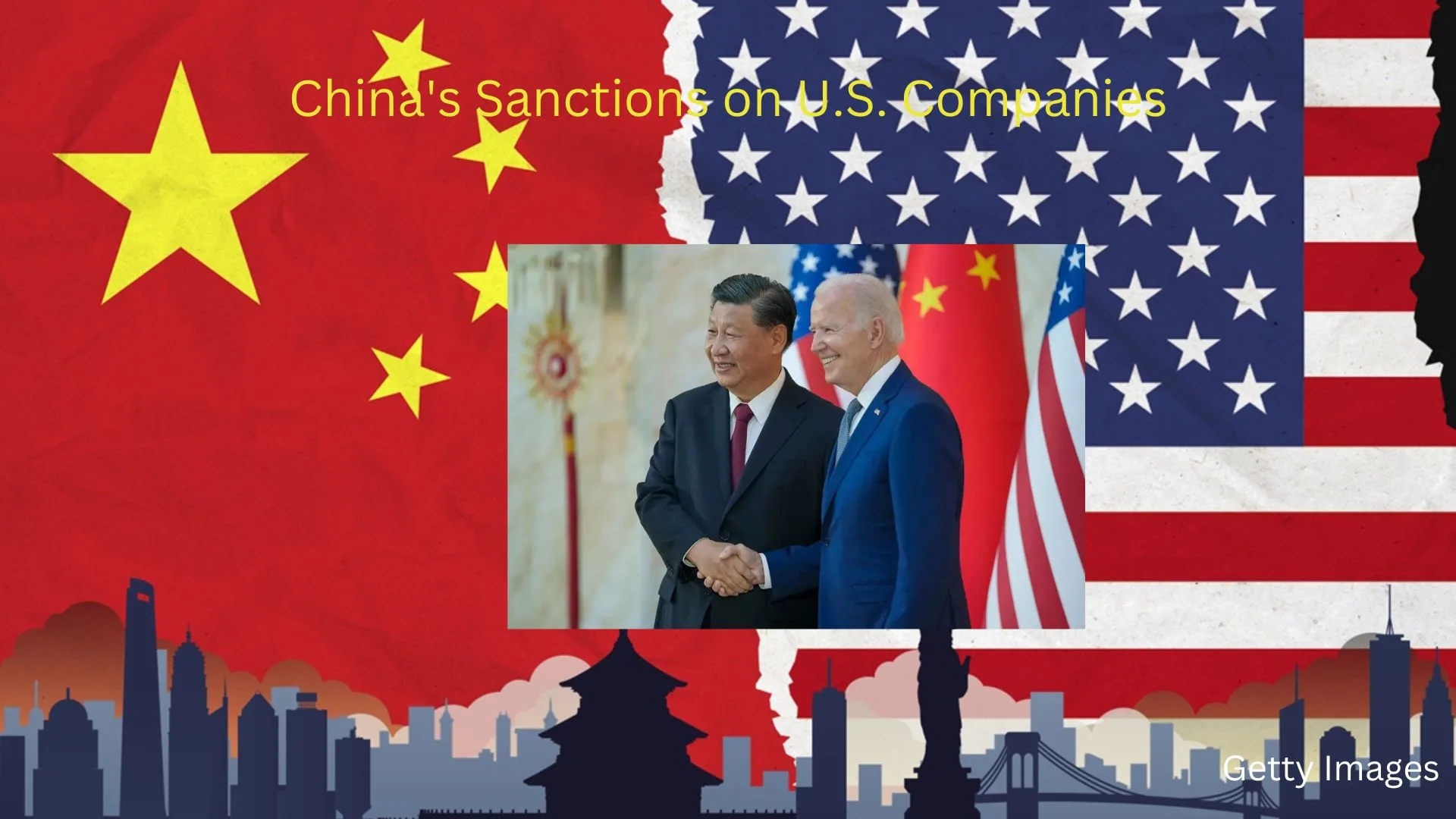The imposition of recent penalties by China on prominent U.S. aerospace and defense corporations, such as Northrop Grumman and Lockheed Martin, has further intensified the existing tensions between China and the United States. This decision is a direct reaction to the companies’ participation in the sale of weapons to Taiwan, a thorny matter that has significantly strained the diplomatic relations between the United States and China.
The imposition of these penalties by China was officially declared by a representative of the Chinese Foreign Ministry during a routine press conference, in accordance with the provisions outlined in China’s Anti-Foreign penalties Law. The legislation, which was enacted in 2021, grants Beijing the authority to respond to foreign actions that are seen as hostile or detrimental to its national interests. The spokesperson placed significant emphasis on the “One China” policy, emphasizing that Taiwan is an inseparable constituent of China’s territorial domain. China issued a stern warning that any further provision of military assistance or arms sales to Taiwan by the United States would result in a robust and assertive retaliatory response.
The imposition of penalties was especially directed on the corporate Missouri branch of Lockheed Martin due to their participation in an arms transaction with Taiwan that took place on August 24. Moreover, Northrop Grumman has been recognized for its recurrent participation in analogous transactions. The aforementioned concentrated strategy demonstrates China’s strategic intention to tackle perceived immediate threats to its national security and foreign policy goals.
The historical backdrop that forms the basis for these penalties is firmly entrenched in the cross-strait relations between China and Taiwan. China regards Taiwan as a renegade colony and has consistently maintained its claim to employ coercive measures, if deemed necessary, to achieve reunification with the mainland. Despite the United States’ formal commitment to the “One China” policy, it has maintained informal contacts with Taiwan, encompassing arms sales and military assistance, hence engendering tensions between these two major global actors.
The current imposition of sanctions is indicative of a wider context characterized by an intensification of military operations in the region. According to reports, a naval formation from China, with the aircraft carrier Shandong at its helm, was observed in close proximity to Taiwan, highlighting the significant strategic value of the region. The escalation of tensions has been exacerbated by the repeated incursions of Chinese aircraft into Taiwan’s air defense identification zone.
The aforementioned advancements occur subsequent to the declaration made by the United States State Department regarding a substantial transaction of weaponry to Taiwan. This transaction encompasses a monetary value of five hundred million dollars, which will be allocated towards the procurement of cutting-edge sensor systems produced by Lockheed Martin specifically designed for employment on F-16 fighter aircraft. The sale of military equipment, along with the continuous military conflicts between the United States and Taiwan, has encountered significant resistance from the Chinese government.
China has exhibited a strong and vigorous reaction to these arms agreements. The Chinese Ministry of Commerce has already included Lockheed Martin and Raytheon Missiles and Defense in a blacklist, thereby prohibiting Chinese companies from engaging in business transactions with them. The imposition of travel and work restrictions on senior executives from these corporations serves as a testament to the extent of Beijing’s retaliatory actions.
The Taiwan issue encompasses not solely a bilateral concern between the United States and China, but also holds broader significance for the world community. The majority of nations, including the United States, formally uphold the “One China” policy, while concurrently rejecting any coercive endeavors aimed at altering the status of Taiwan. The intricate diplomatic equilibrium exemplifies the intricacies that typify international interactions in the Asia-Pacific area.
The provision of military assistance by the United States to Taiwan, along with China’s unwavering position against any perceived external intervention in its internal matters, highlights the persistent contest for power and stability in the region. The ongoing tensions between the United States and China regarding Taiwan are being keenly observed by the international community, as they recognize the possible consequences for both regional and global stability.
Follow us on social media: Instagram, Threads & Twitter X @nya360_ YouTube & Facebook @nya360.





